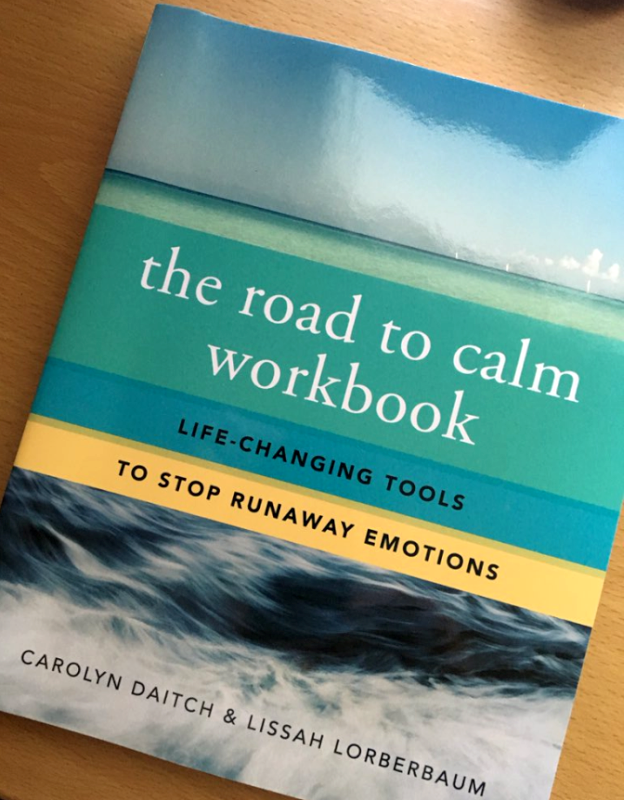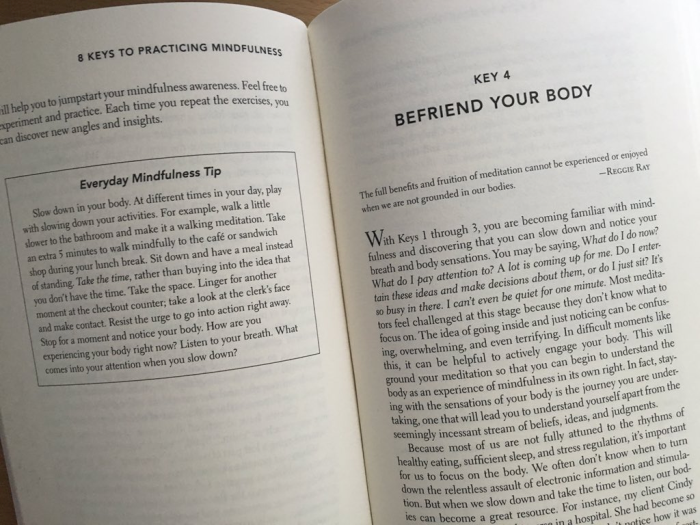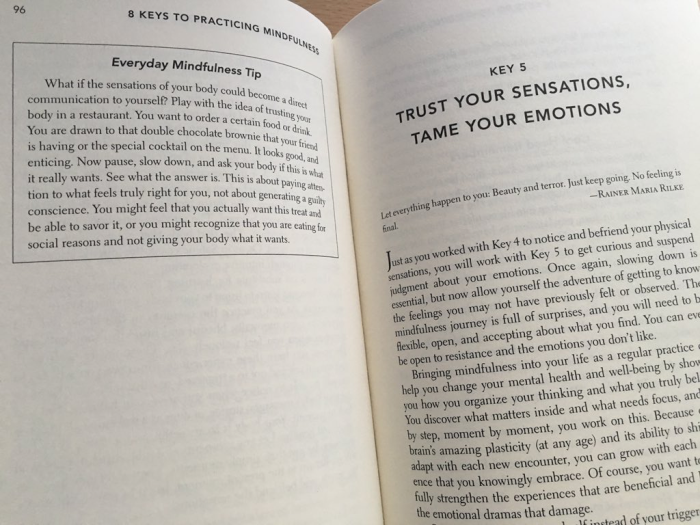 The Road to Calm Workbook
The Road to Calm WorkbookBefore I tell you why you’re going to love this book, can we just talk about the cover for a minute? You may not know this about me, but I am crazy obsessed with book covers. I think a book’s cover should set the mood and set the tone for what’s coming. I’m so fixated on covers that I actually get a little queasy when someone has obviously failed to think through the cover. When I have a book with a beautiful cover that captures the heart of the book, I tend to like it even more.
They say you can’t judge a book by its cover… obviously they didn’t know me!
This cover is so perfectly perfect for this book. The colors, the font used for the text, the clouds, the water… perfect times a million.
Book Description:
A protocol of easy-to-use tools that can be applied when readers experience difficult-to-manage emotions.
Emotional flooding―being overwhelmed by feelings―happens in response to stress, anxiety, and life’s challenges. In this client-orientated accompaniment to Affect Regulation Toolbox, Carolyn Daitch and Lissah Lorberbaum present skills and tools on how to dial down reactivity, practice mindfulness, and focus positively on the future. Written to conquer a broad range of emotional challenges in easily accessibly language, this book is intended to help clients improve the quality of their everyday lives.
The workbook is split into two parts. Part I helps the reader understand when and why emotional flooding occurs. Using vivid stories and examples of others’ triggering situations helps the reader better understand their own triggers, and how to cope with them. Part II provides instructions for “daily stress inoculations,” a daily practice for relaxing and lowering baseline levels of emotional reactivity. The STOP Solution is introduced as a way of learning how to stop or lessen feeling emotionally overwhelmed. STOP stands for Scanning thoughts, feelings, and sensations, Taking a time-out, Overcoming Initial Flooding, and Putting tools into practice.
Throughout the workbook, readers will find guided imagery exercises, opportunities for journaling and reflection, mindfulness practices, and matching audio exercises on the accompanying CD. A complimentary companion app (for information, visit: www.bitly.com/RoadToCalmApp) also enhances readers’ ability to take these exercises on the go. The result of this gentle and reliable program is resilience, well-being, and freedom from the emotional patterns that create suffering and damage relationships.
The Road to Calm Workbook is more than just a book – it’s more of a guide. The authors will guide you through the road-map of your own emotions. Many times you’ll find yourself thinking, “So… that explains why I react this way.” or “Absolutely – that does make me tick.” Becoming more self-aware is one of the healthiest things you can do for yourself and this book is an excellent starting point.
About the Author
Lissah Lorberbaum, MA, holds a master’s degree in clinical psychology with a specialization in somatic psychology and treats affect dysregulation across a wide range of clientele. She is also coauthor of Anxious in Love: How to Manage Your Anxiety, Reduce Conflict, and Reconnect with Your Partner. She lives and works in Los Angeles, CA.
Click through and read more about The Road to Calm Workbook (including the testimonies and reviews left by others).





